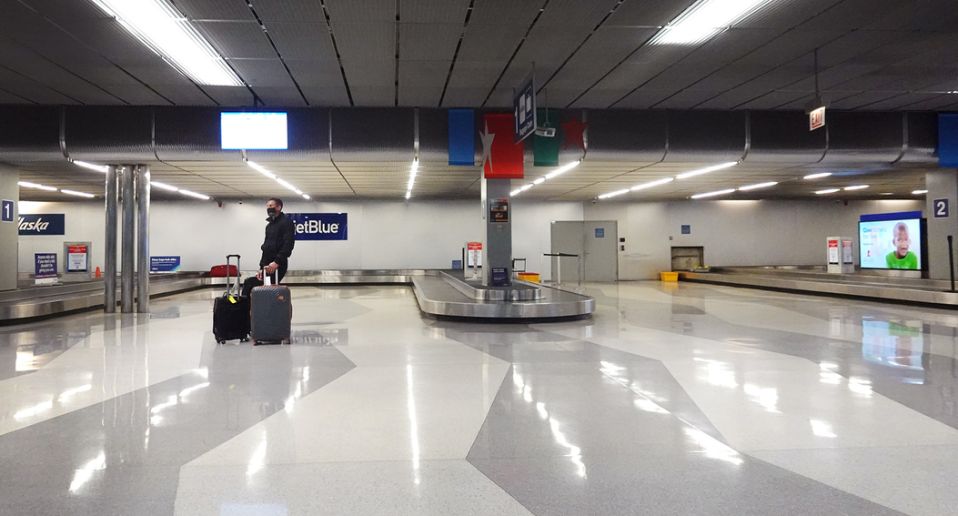Melvin Durai
Airports have been both a source of joy and sadness for me. The sadness has come when I’ve had to bid farewell to members of my family. It usually means being away from them for weeks, months or even years. It also means hoping and praying that they travel safely, and that their pilots were not trained at “Virtual Learning Flight School.”
The joy came mostly when I was a child. Watching airplanes land and takeoff excited me, and the excitement was even greater when I was boarding a plane myself. The destination didn’t really matter — I could be flying to Kazakhstan and I’d be excited.
While large planes thrilled me as a child, what continues to captivate me about airports are the travellers. I love to watch people as they arrive, depart, or just sit and wait for a flight. Without feeling like an intruder, I can witness a variety of emotions: joy when a traveller is reunited with a friend or family member, sadness when they bid adieu to loved ones, frustration when their flights are delayed, anger when the airport Wi-Fi stops working.
“Don’t worry,” I want to tell them when their flights are delayed. “At least you get to spend more time at the airport. Airports are great. Look at all the restaurants and newsstands you can visit. Look at all the strangers you can watch. Look at all the luggage carts you can ride.”
If I were stuck in an airport for a day or two, I’d probably make the most of it. I’d find a comfortable spot to sleep and spend the rest of my time watching people. I might even serve as an unofficial security officer, alerting the authorities to any suspicious behaviour: “There is a man in the departure lounge who has been looking at his phone nonstop for three hours. He is speaking in an Australian accent and shouting things like, ‘I’m never going to eat Indian food again’ and ‘How the hell can we lose to them at home again?’”
Spending a day or two in an airport would not bother me much, but spending a few months would probably drive me crazy. That’s why I found the story of Aditya Singh fascinating. Singh, a 36-year-old man who left India to get a master’s degree at Oklahoma State University in America, was arrested in mid-January at Chicago’s O’Hare Airport for an unusual crime: living in the airport for three months.
He had left Los Angeles on October 19, boarding a flight to Chicago, where he was apparently intending to catch another flight to return to India. At least that’s what he told his friends, but no one knows if he actually purchased a ticket or was just looking for a large rent-free home.
Singh had been in America for five years and his visa was expiring, according to a report in the Chicago Tribune. Found by police living in the secure area of the airport, he told them that he was afraid to fly because of the coronavirus pandemic.
But a friend named Mary Steele shared a different story. Singh had sent her a text that said, “I need to complete my karmic lessons that I’m learning here.” He enjoyed speaking to travellers in the airport and sharing his Buddhist and Hindu beliefs with them. “This is a wonderful, good-hearted man,” Steele said.
Strangers often bought him food and he avoided detection partly by wearing an airport ID badge that an operations manager had lost.
But Singh was eventually caught, not because he was unruly at the airport but perhaps because his beard got a little too unruly. He began to look like a homeless person. If you’re going to live at the airport, you need to look like the type of person who would rather be somewhere else.
